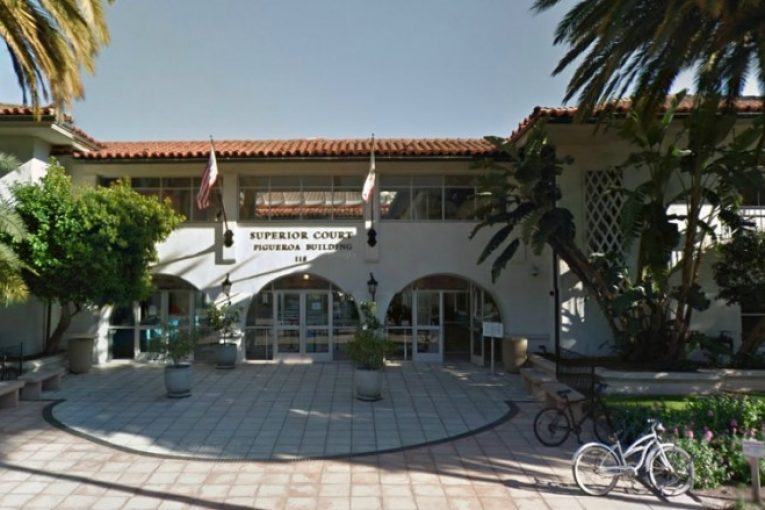
 By Gina Kim
By Gina Kim
SANTA BARBARA, CA – Charged with violating an emergency protective order, manufacturing a ghost gun and elder abuse, a man here in Santa Barbara County Superior Court Monday now faces an additional six-month extension to his rehabilitation program after the court redeliberated the terms of his pretrial intervention in a trial readiness and settlement hearing.
Deputy District Attorney Sherwin Nadjm stated the defense’s order to “find a mental health counselor and work with them for six months” was “not specific enough,” claiming there were no terms and conditions proposed by the defense for the court to agree upon.
Moreover, in a previous hearing, the prosecution suggested it was best for the accused (the Vanguard is not using the real name because the charges are misdemeanors) to remain in Arizona with his father as a part of his pretrial condition.
Nadjm maintained that position Monday, emphasizing an overall need for better specificity on the program. 
“I’m not a mental health provider,” Public Defender Lauren Gartrell answered. “I know based upon the police report, client, and record.”
PD Gartrell stated a broader condition was necessary given the contentious nature of her client’s health insurance. The extent of coverage would vary depending upon his employer.
Furthermore, the details of mental health care necessary for the defendant’s recovery had not yet been settled—including whether he would work with a psychiatrist or psychologist.
“The terms are purposefully broad,” Gartrell explained.
Regarding the possibility of the defendant’s stay in Arizona, PD Gartrell raised the issue that such a mandate may not be constitutional because it would restrict the accused’s ability to travel.
The man’s family maintained its priority was helping the defendant.
Because the accused purchased gun pieces online, DDA Nadjm requested a search and seizure amendment to the court’s terms, arguing the action was in conjunction with the man’s mental health concerns. He also proposed that a more robust 12-month program would be more suitable once rehabilitation commences.
PD Gartrell countered that the statute does not require a minimum period of diversion. However, the defense would be open to program extension if the court deemed it appropriate, Gartrell added.
Judge Thomas Adams conceded to amending the terms to extend the program from six to 12 months, as well as the added search and seizure order, stating it would be best for the court to revisit the accused’s mental health condition “down the road.”






